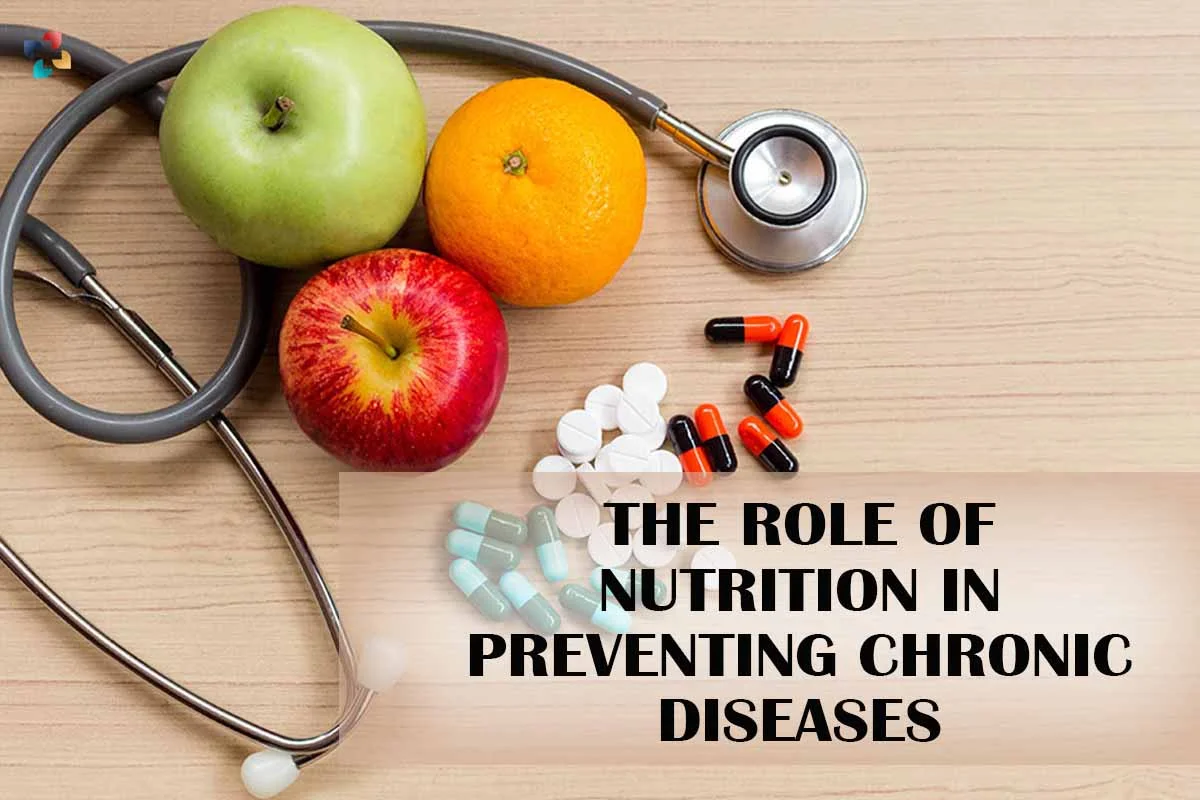
Therapr Team
In a world where fast food is easily accessible and processed snacks dominate grocery store shelves, chronic diseases are becoming more common than ever. The rise in lifestyle-related illnesses like cardiovascular disease, Type 2 diabetes, and some cancers is directly linked to poor dietary habits. But the good news? Many of these diseases are preventable. With the right nutrition, you can take control of your health and reduce your risk of developing chronic conditions.
Numerous studies have established a strong connection between dietary habits and the development of chronic diseases. Diets high in saturated fats, trans fats, refined sugars, and sodium have been associated with increased inflammation, insulin resistance, and elevated blood pressure—risk factors for conditions such as heart disease and diabetes. On the other hand, diets rich in fruits, vegetables, whole grains, lean proteins, and healthy fats are protective and promote overall well-being.
One of the most profound relationships exists between nutrition and cardiovascular health. Diets such as the Mediterranean and DASH diets emphasize foods that are rich in omega-3 fatty acids, fiber, and antioxidants, which can lower cholesterol levels and improve heart function. Reducing red meat and processed food intake also plays a crucial role in preventing plaque build-up in arteries.
Blood sugar regulation is heavily influenced by diet. Consuming foods with a low glycemic index—such as legumes, whole grains, and green vegetables—can prevent blood sugar spikes and reduce the risk of insulin resistance. Maintaining a healthy weight through balanced eating also reduces the risk of Type 2 diabetes significantly.
While no diet can guarantee cancer prevention, certain foods contain compounds that help reduce inflammation and oxidative stress—two processes closely linked to cancer development. Cruciferous vegetables like broccoli and Brussels sprouts, berries rich in antioxidants, and spices like turmeric have all been studied for their cancer-fighting properties.
Dietary fiber supports digestive health, regulates blood sugar, and can lower cholesterol levels. It also promotes satiety, which helps with weight management. A fiber-rich diet has been shown to reduce the risk of colon cancer and cardiovascular disease.
Highly processed foods often contain additives, preservatives, and excessive amounts of salt and sugar. Regular consumption of these foods contributes to inflammation, poor gut health, and metabolic disorders. Cutting back on processed meals and replacing them with whole, nutrient-dense foods is a key step toward prevention.
Water plays a crucial role in every metabolic process. Staying adequately hydrated supports kidney function, nutrient absorption, and detoxification—all vital for disease prevention. Sugary drinks, on the other hand, contribute to obesity and metabolic syndrome.
It’s not about a perfect diet, but a consistent one. Simple changes like cooking more at home, reducing sugar, reading food labels, and being mindful of portion sizes can create a big impact over time. Pairing a healthy diet with regular physical activity and sleep hygiene maximizes your health outcomes.
Nutrition isn’t just about weight loss or muscle gain—it’s a powerful tool in disease prevention. By making conscious, informed food choices, you can significantly reduce your risk of developing chronic illnesses and lead a healthier, longer life. Every meal is a chance to nourish your body and protect your future.
Author profile
Read more articles by Therapr Team.
Get the latest wellness insights delivered to your inbox.
Subscribe to Newsletter